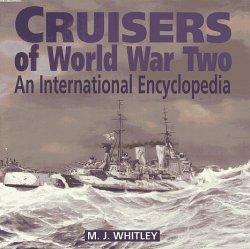The British gave up trying to suppress the rebellion after Yorktown, but the event that confirmed the existence of the United States as an independent nation was the signing of a peace treaty with Great Britain. But the problem of peacemaking was complicated. The United States and France had pledged not to make a separate peace.
The Continental Congress appointed John Adams, Benjamin Franklin, John Jay, Thomas Jefferson, and Henry Laurens as a commission to conduct peace talks in Paris, France. Franklin and Jay did most of the actual negotiating. Congress, grateful for French aid during the Revolution, had instructed the commissioners to rely on the advice of the Comte de Vergennes. In Paris, however, the commissioners soon discovered that Vergennes was not the perfect friend of America that Congress believed him to be. He was, after all, a French official, and France had other interests far more important than concern for its American ally. Vergennes “means to keep his hand under our chin to prevent us from drowning,” Adams complained, “but not to lift our head out of the water.”
Franklin, whose fame as a scientist and sage had spread to Europe, was wined and dined by the cream of Paris and petted and fussed over by some of the city’s most beautiful women. He did not press the American point of view as forcefully as he might have. But this was because he took the long view, which was to achieve a true reconciliation with the British, not simply to drive the hardest bargain possible. John Jay was somewhat more tough-minded.




 World History
World History









